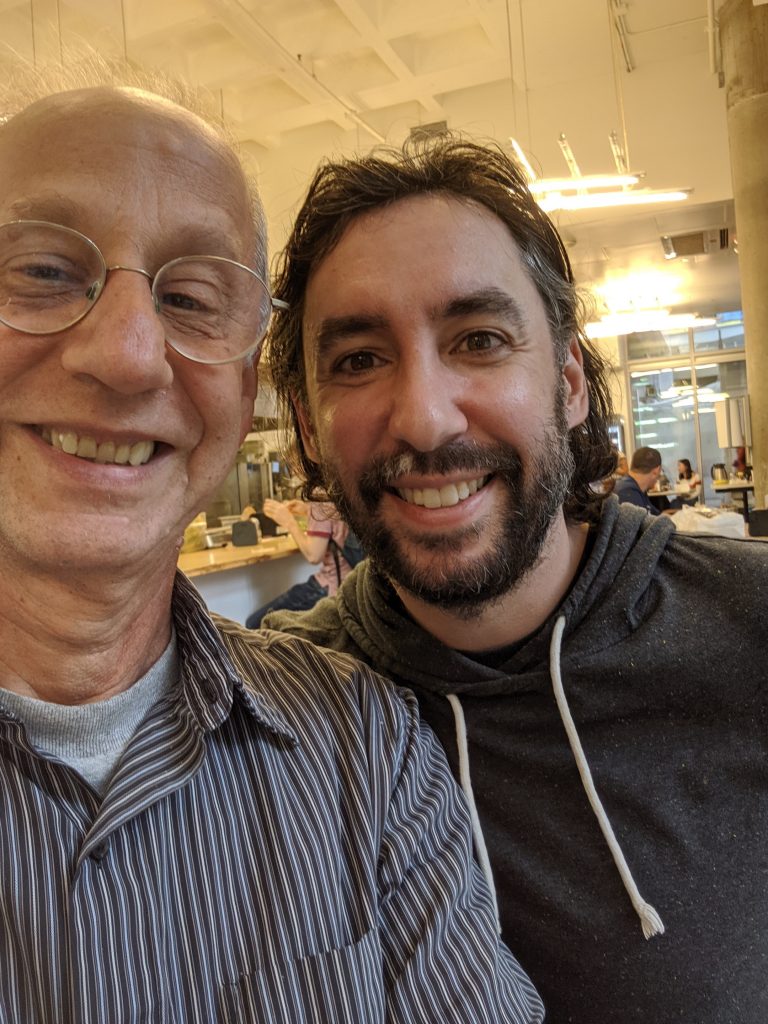October 29, 2022
Why I liked Twitter
I’ve been on Twitter for a long time. A very long time. In fact, I was introduced to it as a way for a bunch of friends to let one another know what bar they were about to go to. It seems to have strayed from that vision a bit.
I have not yet decided to leave it, although I’m starting to check in at Mastodon. Here’s what I use it for, in no particular order, and not without embarrassment:
- Quick check on breaking news. It’s by no means comprehensive, and what trends is by no means always important. But I find some of it worth a click even as a distraction.
- Quick commentary on issues of the day by people I follow because they’re good at that.
- Issues worth knowing about raised by strangers who know about them.
- Keeping up with fields I’m interested in by following people who I don’t know, as well as some I do.
- Engaging with people I otherwise wouldn’t have kept up with.
- There are people I know just barely in real life who I feel quite close to after many years on Twitter together.
- Engaging with a low bar of social inhibition/anxiety with people I don’t know, sometimes leading to friendships.
- An outlet for my stray thoughts and, well, jokes.
- A medium by which I can publicize stuff I write.
- A number I can cite to publishers as if people automatically read the stuff of mine I’m publicizing on Twitter.
- The Twitter I’m on is often very funny.
Switching social platforms is hard.












